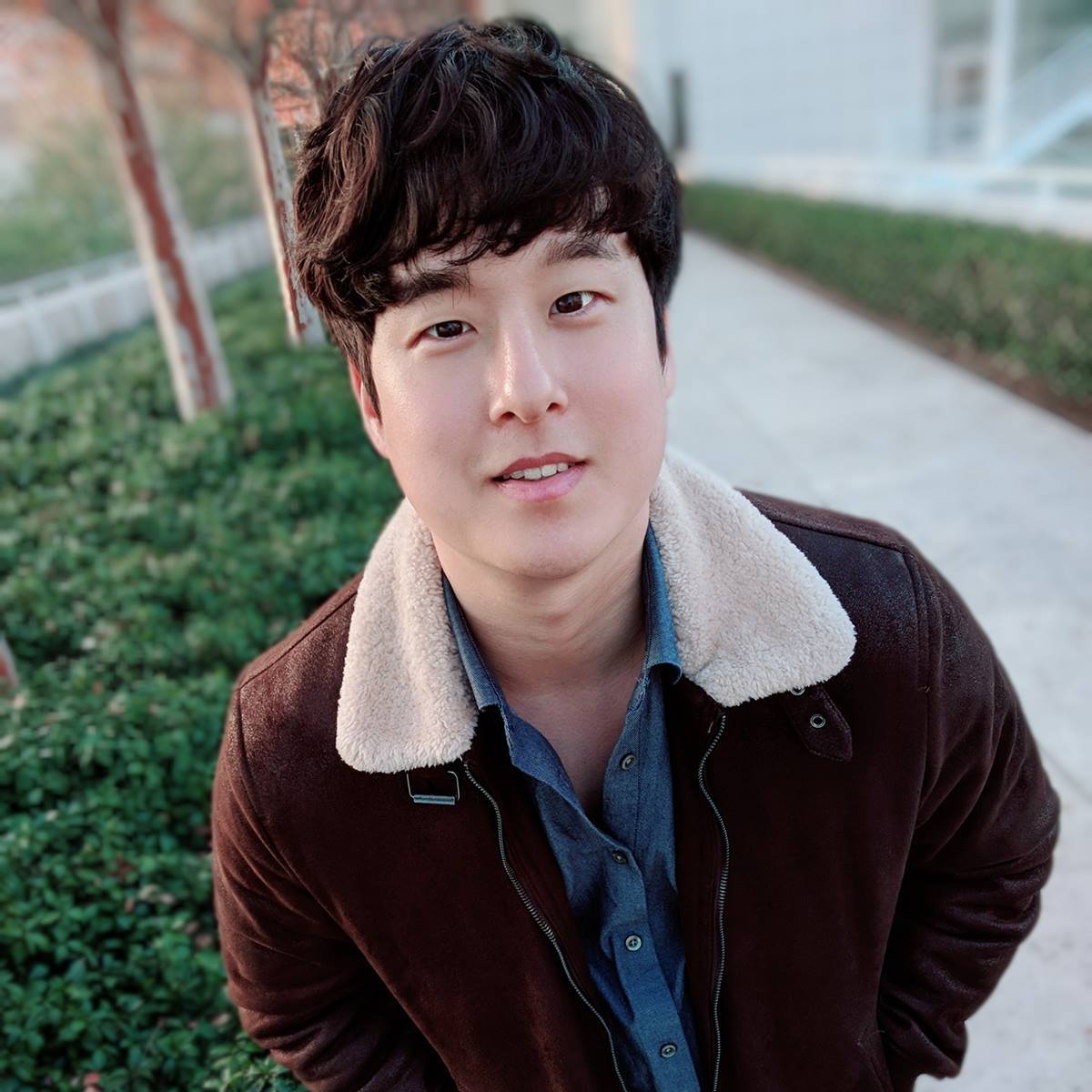Zae Myung Kim
University of Minnesota Twin Cities, Minneapolis, Minnesota, USA

200 Union St SE
Minneapolis, MN 55455
I am a fourth-year Ph.D. candidate in the Minnesota NLP group led by Prof. Dongyeop Kang at University of Minnesota Twin Cities.
My research interests center on developing a “meta-scaffolding paradigm” that integrates discourse structures, dataset metadata, and metacognitive feedback into the training loop of large language models to stabilize learning and produce interpretable, coherent long-form text. I design disciplined training schemes that slash data and compute demands, curtail manual prompt engineering, and steer model reasoning toward human-like cognitive patterns.
Before joining the Ph.D. program, I worked as a researcher at NAVER LABS Europe and Papago team at NAVER Korea, where I researched on various topics in neural machine translation (NMT), such as analysis of language-pair-specific multilingual representation, document-level NMT with discourse information, cross-attention-based website translation, and quality estimation for evaluating NMT models.
I received a B.Eng. degree in Computer Science from Imperial College London in 2011. From 2012 to 2013, I served in the Republic of Korea Army Special Forces as an army interpreter and a geospatial image analyst. In 2016, I received an M.S. degree in Computer Science from Korea Advanced Institute of Science and Technology (KAIST).
During the Spring 2024 semester, I organized the meetings and seminars for Textgroup, an interdisciplinary reading group focused on language. Additionally, since October 2020, I have been leading Seeking-SOTA, a deep learning study group that convenes weekly. This group brings together researchers, academics, and professionals in South Korea, all dedicated to staying at the cutting edge of the field of deep learning. Let me know if you are interested in joining either of these groups!
My Ph.D. program is generously supported by 3M Science and Technology Fellowship and Doctoral Dissertation Fellowship.
news
| Nov 08, 2025 | My internship project at Amazon AGI has been accepted for presentation at AAAI 2026. |
|---|---|
| May 01, 2025 | I am honored to receive the Doctoral Dissertation Fellowship from the University of Minnesota, which will enable me to fully dedicate my time to advancing and completing my thesis research. |
| Jun 15, 2024 | Our research on differentiating between machine-generated and human-authored texts through the analysis of “discourse motifs” is accepted to appear at ACL 2024. |
| Jun 13, 2024 | I am thrilled to be interning at Amazon AGI this summer where I will be working on model alignment with discourse signals. |
| Sep 25, 2023 | I completed my summer internship at Salesforce on developing a challenging benchmark dataset for paper citation task for large language models. |
| Oct 06, 2022 | My summer internship work at Grammarly on improving iterative text revision task is accepted to appear at EMNLP 2022. |
| May 26, 2022 | Our work on system demonstration for interactive and iterative text revision was shared in In2Writing workshop at ACL 2022 and received best paper award 🎉. |
latest posts
| Jan 01, 2024 | Toward Wittgensteinian Discourse |
|---|